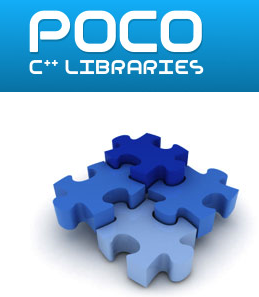POCO Release 1.10.0 Available
POCO Release 1.10.0 available
by POCO Team
About the release
Release 1.10 is a major feature release, introducing C++14 support and the new JWT (JSON Web Token) library, as well as the PostgreSQL connector for the Data library. Other notable features are NTLM authentication support in the Net library and TLS 1.3 support in the NetSSL library. Please see the POCO blog for more details, and CHANGELOG for the full list of 60+ changes.

